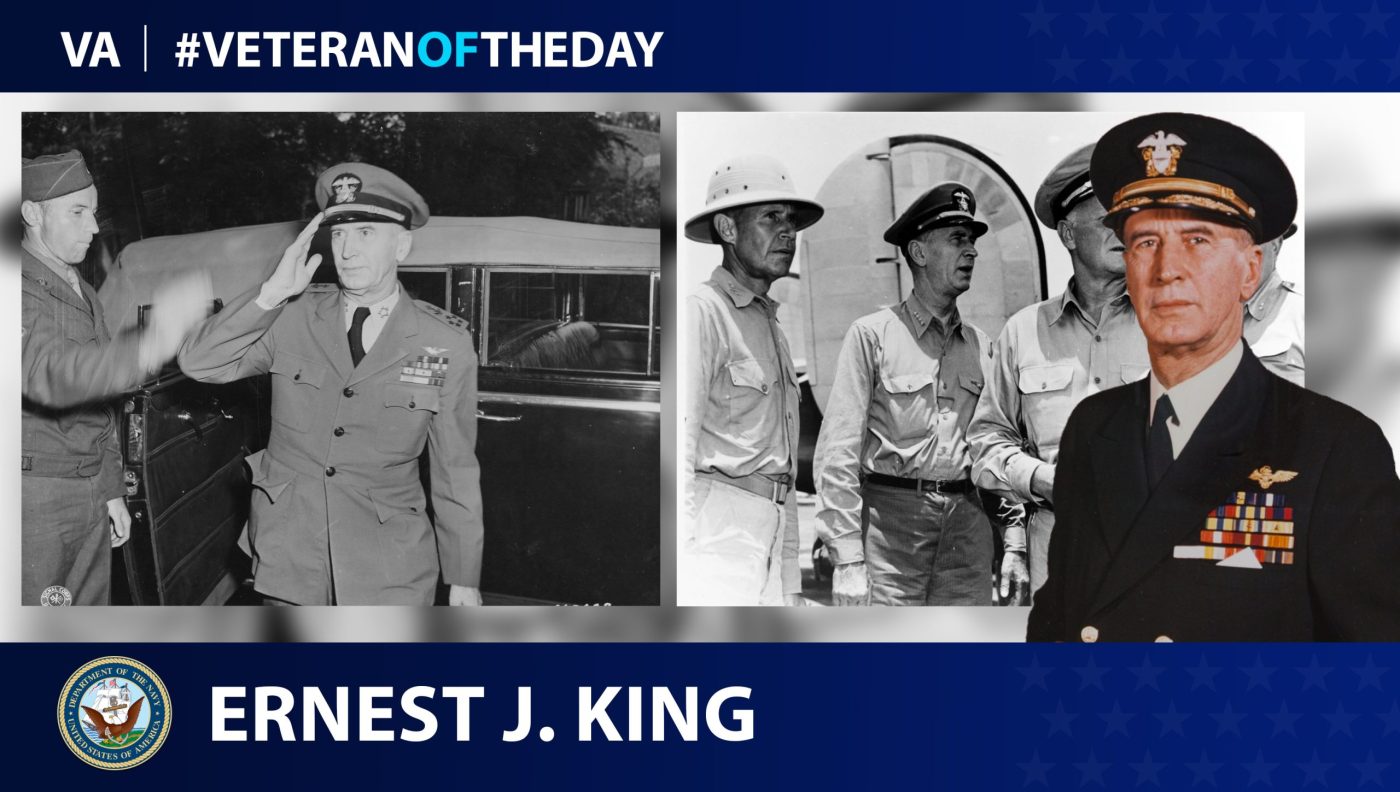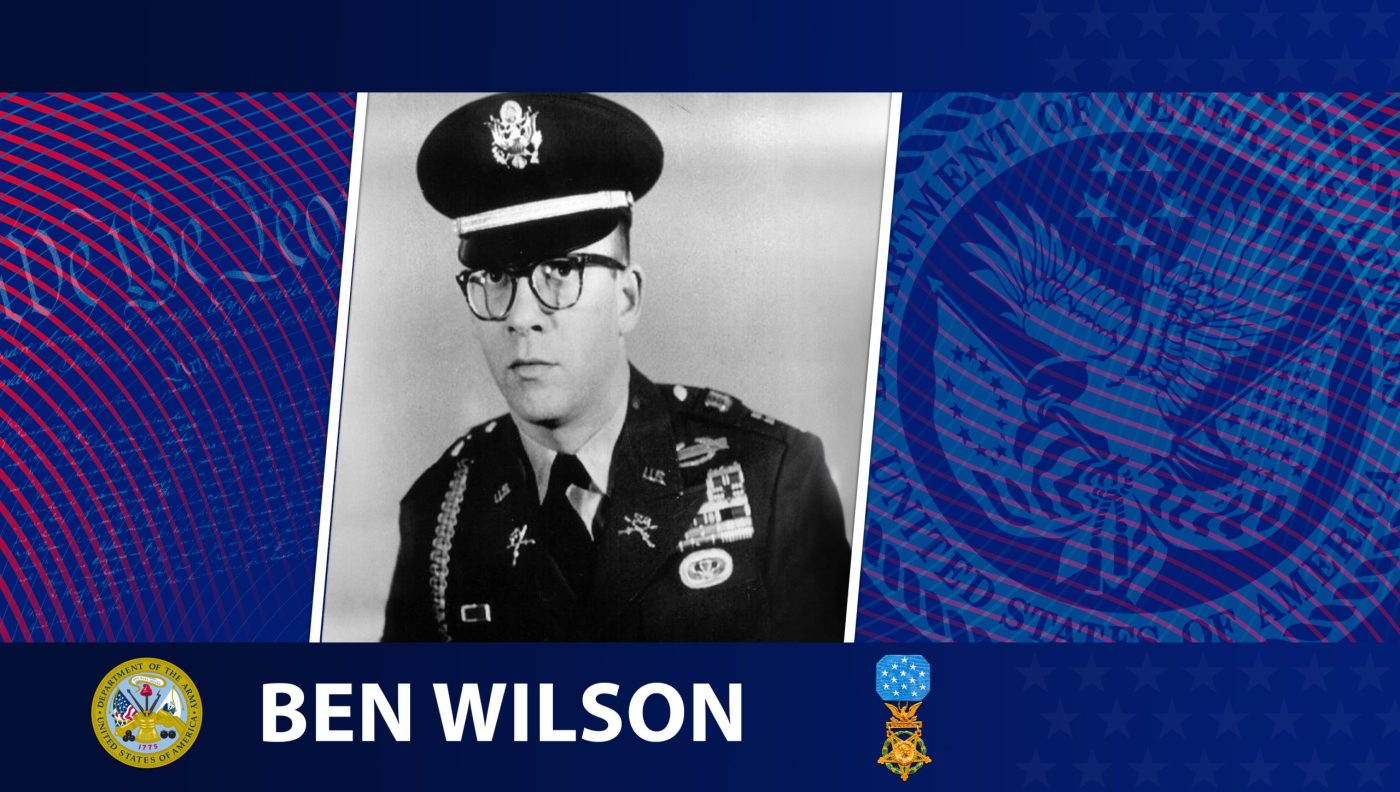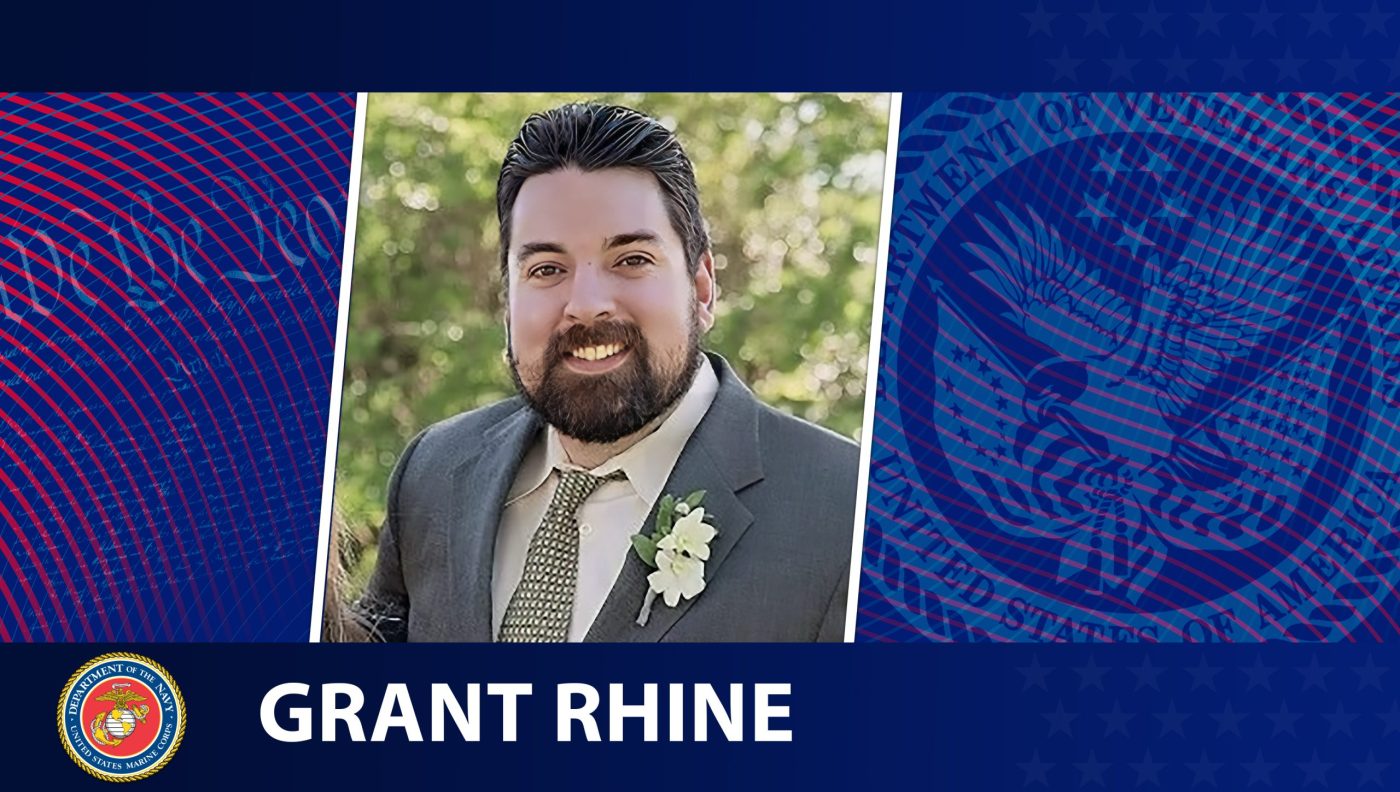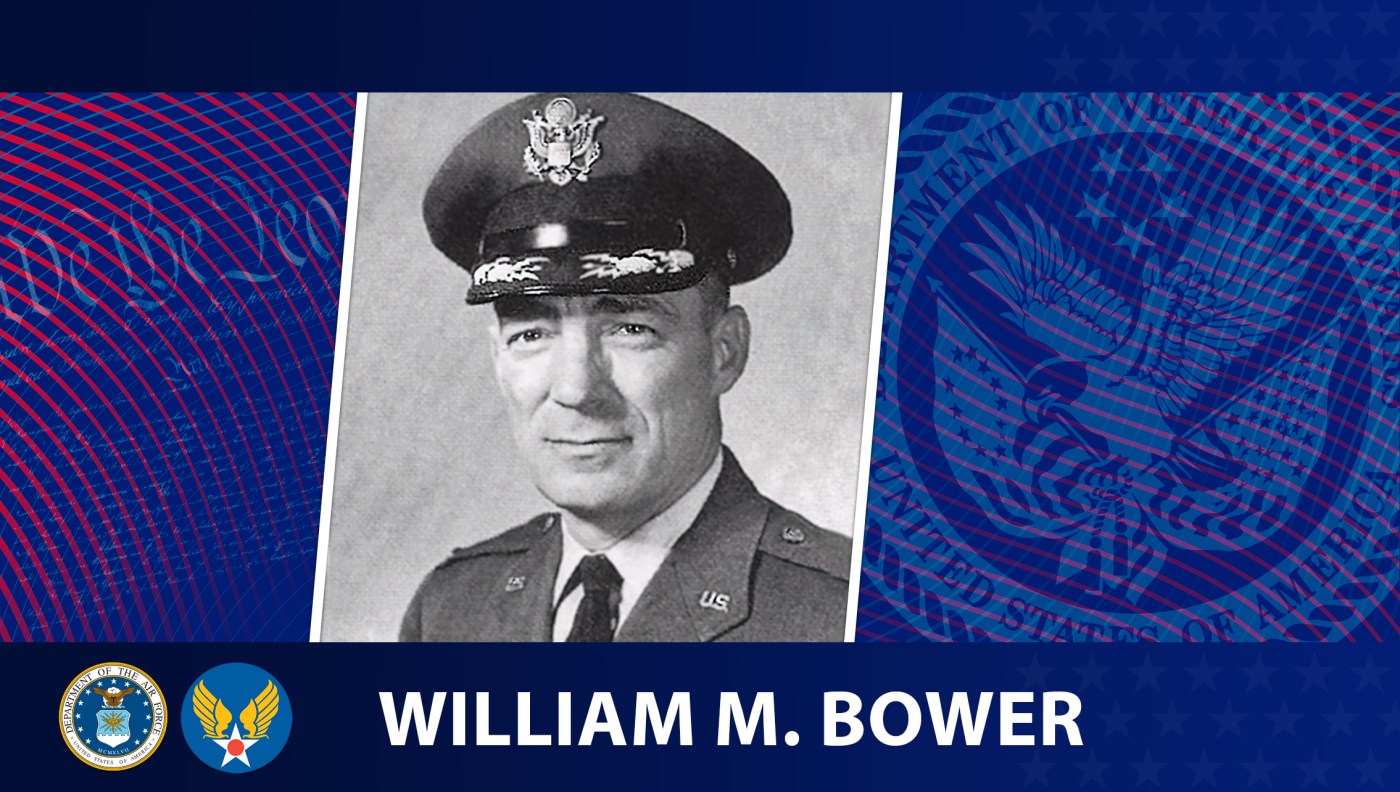Ernest King was born in November 1878 in Lorain, Ohio. He initially developed a naval interest through reading a “Youth’s Companion” magazine article when he was young; he joined the Naval Academy after earning an appointment from the congressional representative of the 14th district of Ohio in 1897.
Shortly after joining the academy, King served on USS San Francisco as a naval cadet. After graduating from the Naval Academy in 1901, he served at sea for two years before earning his commission as ensign in 1903. At sea, King served on several ships, including USS Eagle, USS Cincinnati, USS Illinois and USS Alabama.
King returned to the Naval Academy in 1906 to serve as an instructor and, in 1908, on the executive staff. He again returned to sea in 1909, serving on staffs aboard USS Minnesota and USS Connecticut, as an engineer officer on USS New Hampshire and as an aide to a commander on USS Cassin. During this period, he also briefly served in Annapolis, commanding the Engineering Experimental Station.
Between 1915 and the end of the World War I, King served on the staff of Admiral Henry Mayo, then-commander in chief of the Atlantic Fleet. Afterward, King returned to the Naval Academy to head its postgraduate school before returning to sea to serve as the commander of USS Bridge. He also commanded the submarine base in New London, Connecticut, after serving on several other staffs.
By this point, King had attained significant accomplishments at sea and transitioned to naval aviation, for which he was certified in 1927. In the following years, he became assistant chief of the Bureau of Aeronautics, served in command of the Naval Air Station in Hampton Roads, Virginia, and became captain of USS Lexington.
After becoming a rear admiral, King also chiefed the Bureau of Aeronautics before commanding several aircraft carriers beginning in 1936. Five years later, he was promoted to admiral and served as commander in chief of the Atlantic Fleet until late 1941, when he became commander in chief of the U.S. Fleet. Finally, in March 1942, he became part of the Joint Chiefs of Staff to serve as chief of naval operations. In that role, he was highly influential in Pacific theater operations.
Completing a long, successful career, King left active duty after the Allied victory in World War II. In December 1944, he earned the rank of fleet admiral. He then became president of the Naval Historical Foundation in 1946.
King died in June 1956 at the age of 77.
We honor his service.
Nominate a Veteran
Do you want to light up the face of a special Veteran? Have you been wondering how to tell your Veteran they are special to you? VA’s “Honoring Veterans” social media spotlight is an opportunity to highlight your Veteran and his/her service.
It’s easy to nominate a Veteran. Visit our blog post about nominating to learn how to create the best submission
Writer: Khaled Maalouf
Editors: Cynthia Xu, Cate Manning
Researchers: John Bergstrom
Graphic Designer: Saul Leon
Topics in this story
Link Disclaimer
This page includes links to other websites outside our control and jurisdiction. VA is not responsible for the privacy practices or the content of non-VA Web sites. We encourage you to review the privacy policy or terms and conditions of those sites to fully understand what information is collected and how it is used.
More Stories
This week’s Honoring Veterans Spotlight honors the service of Army Veteran Benjamin F. Wilson, who served during World War II and the Korean War.
This week’s Honoring Veterans Spotlight honors the service of Marine Corps Veteran Grant Rhine, who is now active in the Veteran community Irreverent Warriors.
This week’s Honoring Veterans Spotlight honors the service of Air Force Veteran William M. Bower, who served in World War II.







Admiral King was regarded a fighting admiral, even as CNO during World War II. It was said that no skipper could go wrong with “Ernie King” by engaging the enemy . . . regardless of the odds. That same philosophy will be needed today, in the event of a war with a competent maritime adversary.